Eczema, or atopic dermatitis, is a daily challenge that can affect confidence, comfort, and quality of life. From persistent itching to visible rashes, living with eczema means carefully choosing skincare products, managing flare-ups, and knowing what truly helps versus what can make things worse. While there is no cure, effective eczema treatment and long-term control are possible with the right knowledge, products, and support.
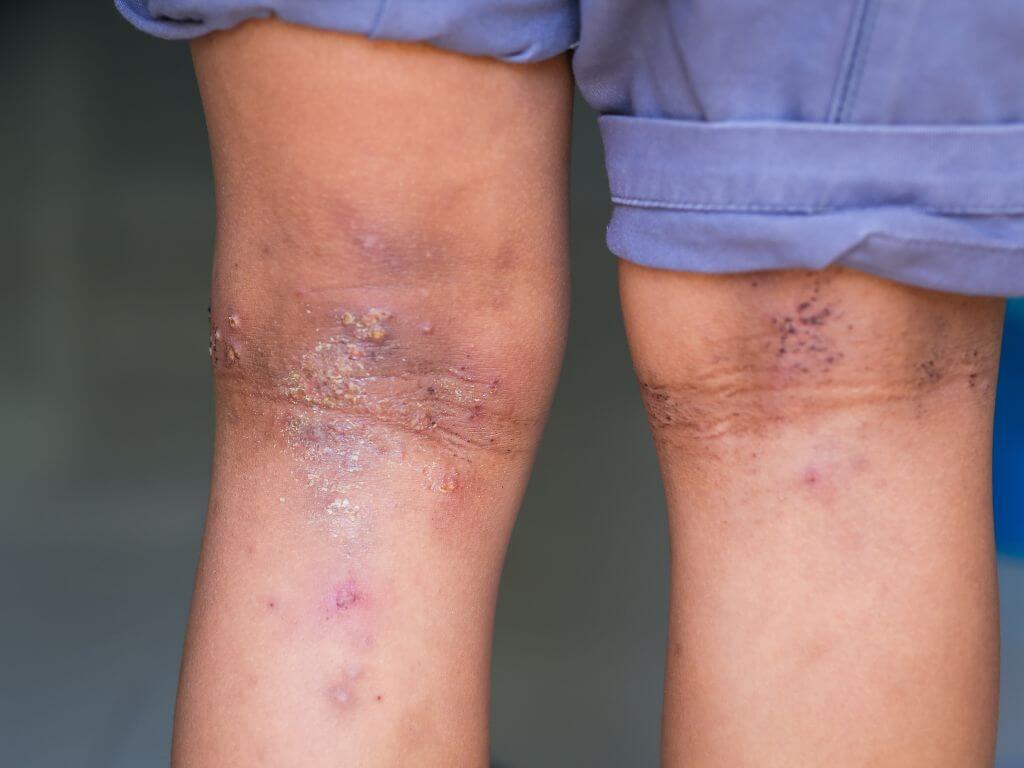
Types of eczema
Eczema isn’t a one-size-fits-all condition. There are different forms, each with its own triggers and symptoms:
Atopic Dermatitis
- The most common type.
- Presents as dry, itchy skin with red patches.
Learn more about Atopic Dermatitis symptoms and causes.
Contact Dermatitis
- Triggered by contact with irritants or allergens.
- Leads to burning, redness, and itching.
Dyshidrotic Dermatitis
- Causes small, itchy, scaly patches or blisters.
- Skin may become red, cracked, and painful.
Nummular Dermatitis
- Shows up as dry, coin-shaped patches, often in winter months.
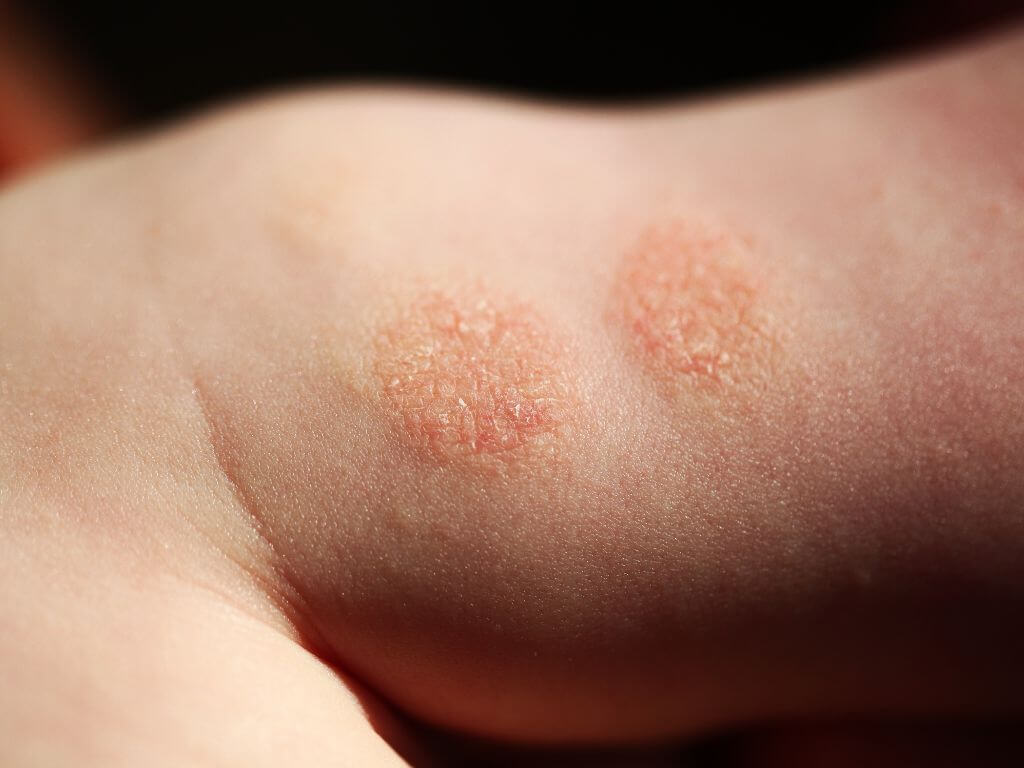
Symptoms of eczema
Symptoms vary by age and severity, but often include:
- Infants (0–24 months): Dry, itchy patches on the face that may ooze fluid.
- Children (2–12 years): Thickened, inflamed, red rashes that may become permanent bumps with intense itching.
- Adults: Widespread rashes, leathery skin texture, chronic dryness, and scaly patches.
Unlike regular dry skin, eczema involves inflammation. While everyone with eczema experiences dry skin, not everyone with dry skin has eczema. This is because eczema is tied to immune system activity, oil (sebum) imbalance, and the skin’s impaired barrier function.
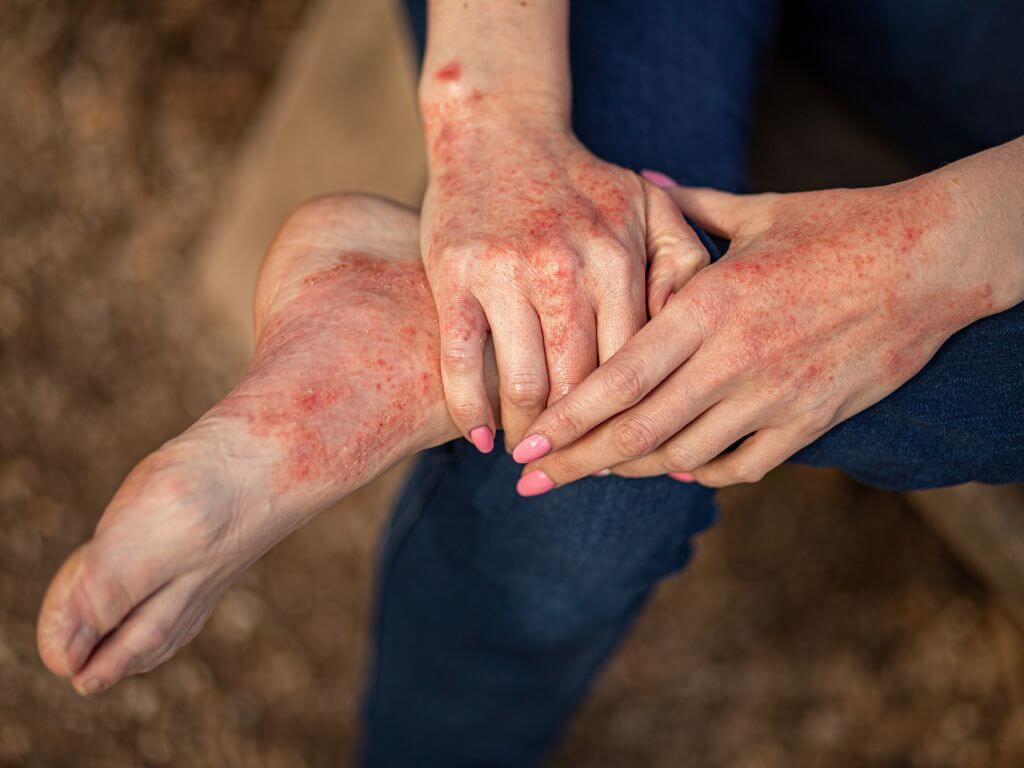
Eczema treatment
While there’s no permanent cure, eczema can be managed through consistency and professional guidance.
Core eczema treatment strategies include:
- Dermatologist-led plan: Personalised treatment is essential.
- Topical corticosteroids: Used short-term to calm flare-ups.
- Wet wraps: Add moisture during acute irritation.
- Moisturisation: Daily use of emollients helps strengthen the skin barrier.
- Sun protection: Broad-spectrum sunscreen reduces flare-up risks.
- Avoiding irritants: Fragrances, harsh cleansers, or unnecessary dietary restrictions if no allergy is present.
Important note: Removing entire food groups from your diet will not cure eczema unless a specific allergy is present. Doing so can actually make the condition worse by affecting overall health.
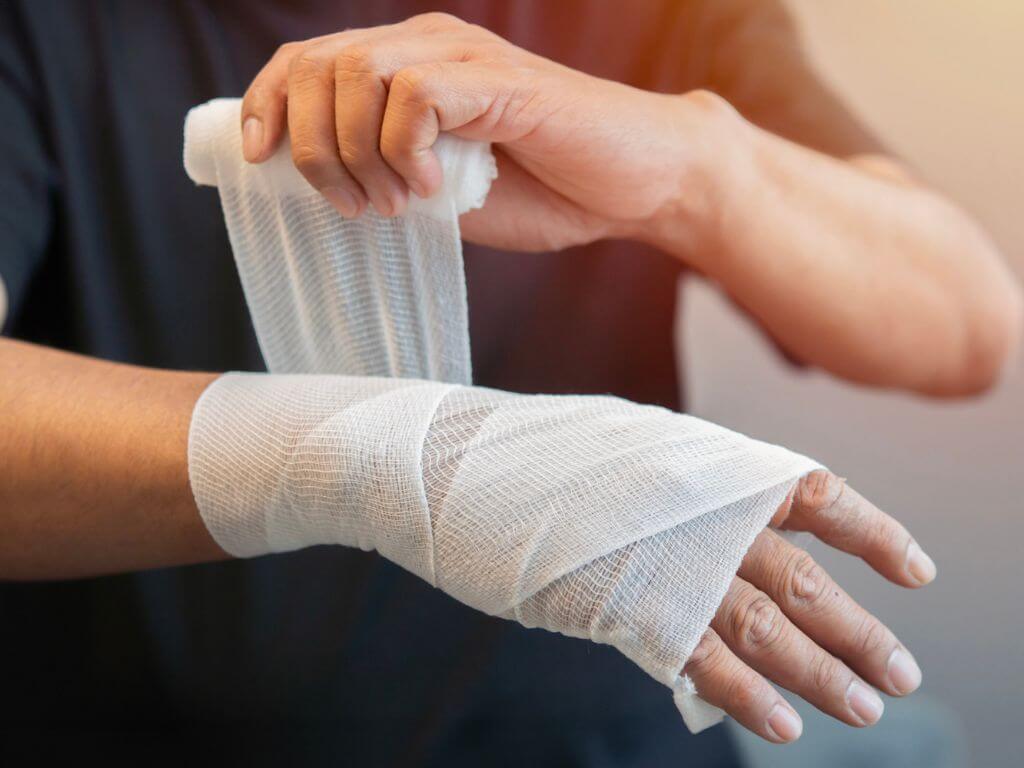
Ingredients that help and hurt
Living with eczema often means trial and error when it comes to skincare and eczema treatment. Knowing what to look for and avoid can save both your skin and your budget.
Look for:
- Ceramides (repair the skin barrier)
- Humectants (like glycerin, draw in moisture)
- Niacinamide (soothes irritation)
- Hyaluronic Acid (hydration boost)
Avoid:
- Fragrances and essential oils
- Retinoids/retinol (too harsh for inflamed skin)
- Alcohol/ethanol (strips skin barrier)
Recommended skincare support
Choosing medical-grade skincare can make a difference:
- CeraVe Hydrating Cleanser – Gentle daily cleansing without stripping.
- CeraVe Foaming Cleanser – For oily/combination eczema-prone skin.
- AllSkinMed Exfoliating Shampoo – Helps manage scalp eczema and flakes.
- BIRETIX IsoRepair Cream – Restores moisture and soothes inflamed skin.
During flare-ups, we may also recommend topical prescription treatments alongside these supportive skincare products.
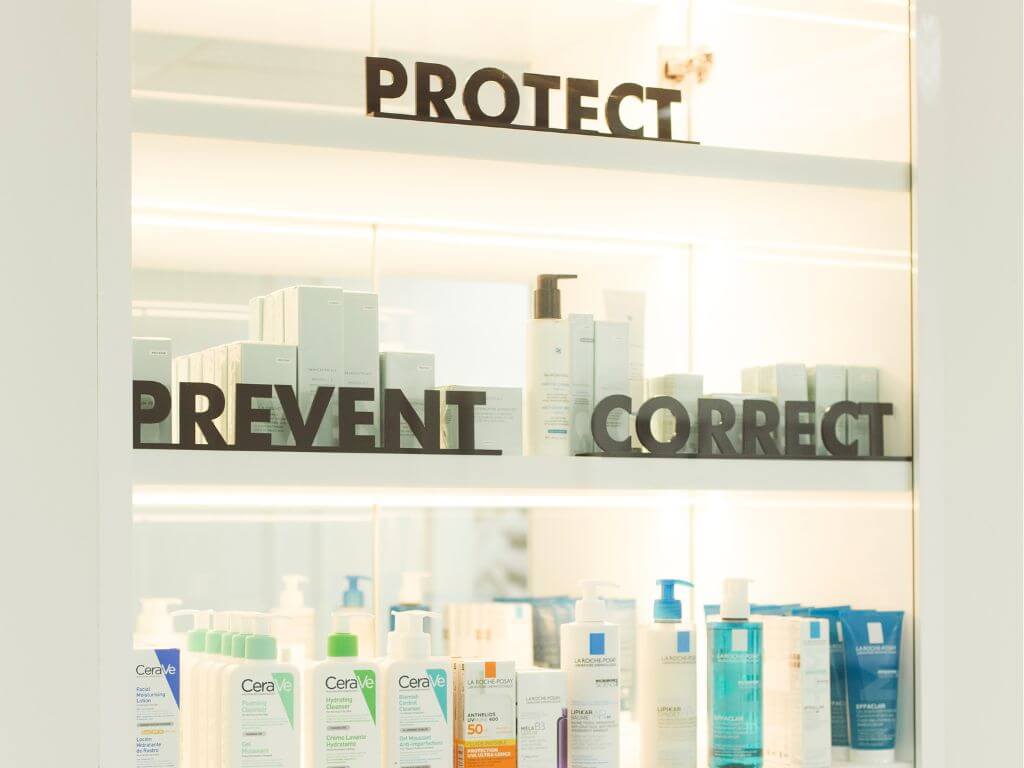
Eczema and emotional well-being
Eczema isn’t just physical, as the persistent itch and visible marks can affect self-esteem and emotional health. In my own practice and as shared in my journey as a dermatologist mother, I’ve seen firsthand how deeply eczema impacts families. The most important reminder is that flare-ups do not mean failure. They are part of the condition’s natural cycle.
For more practical insights, explore related posts:

Eczema requires patience, consistency, and the right skincare approach. With dermatologist guidance, medical-grade products, and lifestyle adjustments, flare-ups can be managed, and skin health improved. Remember: your skin’s story is unique, and so is your treatment journey.
Book a consultation today and let’s create a routine that restores comfort, confidence, and calm to your skin.
